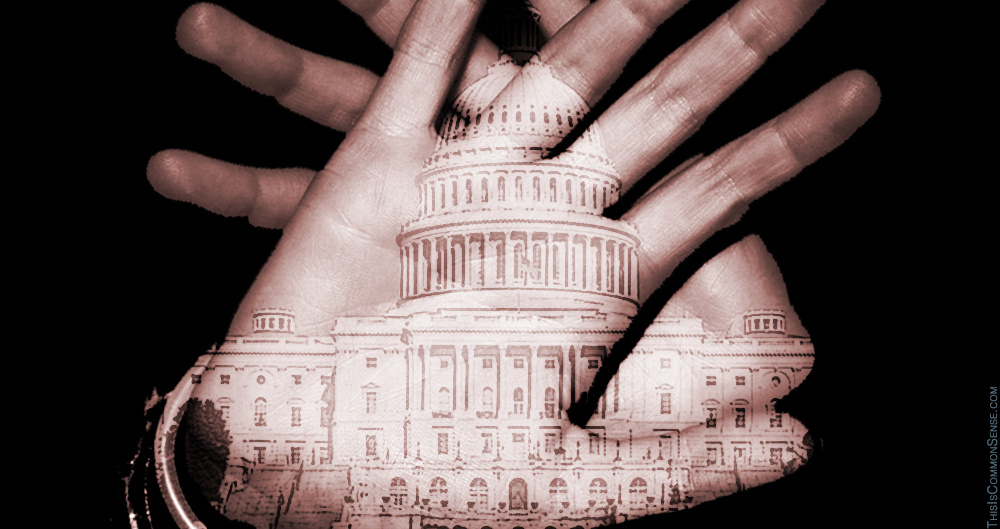The Democratic Party’s Unity Reform Commission met last week to concoct measures to pull the party from the brink of madness and oblivion.
The commission’s main recommendation? Limit the role of “superdelegates” in the nomination process.
Great — a first step I’ve long advocated. But the whole system needs more serious reform.
Jay Cost covered some of the problems associated with the parties’ candidate selection processes, yesterday, in the online pages of the National Review. Unfortunately, he went off the rails about an alleged “trend toward an unadulterated democratic nomination process,” which he regarded as a “major mistake.”
He misdiagnosed both the problem and the Democrats’ proposed cure. Neither is “too much democracy.”
America’s partisan voters keep selecting bad candidates because the major party duopoly is a rigged game — designed and regulated by incumbents for incumbents to solidify a protected class of insiders.
Which voters understandably seek to overthrow on a regular basis.
The problem is the whole primary process, which is faux-democratic, a clever ruse to prevent real challengers from emerging, forcing effective politicians through the two-party mill.
To make things more democratic — to add effective citizen checks on power and privilege — the parties need to be completely divorced from official elections. That is, junk the whole primary system, making the parties bear fully the costs of their own selection processes. Further, the general elections should be thrown open to a wider variety of parties and candidates, with the voting system itself reformed to avoid the sub-optimal results of our first-past-the-post system.
The problem with our politics isn’t “too much democracy” so much as “too much partisan government.”
This is Common Sense. I’m Paul Jacob.











